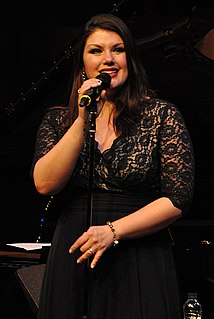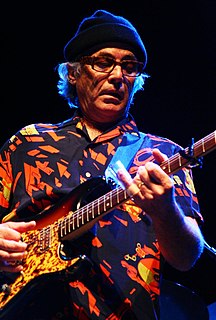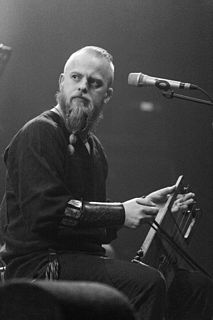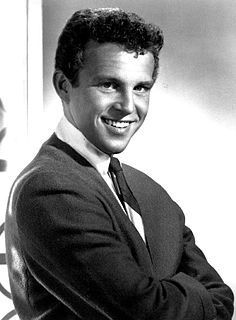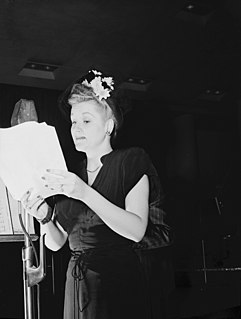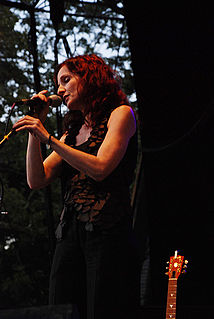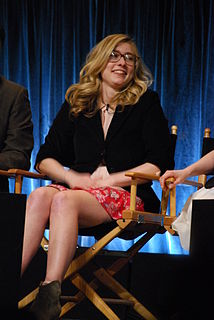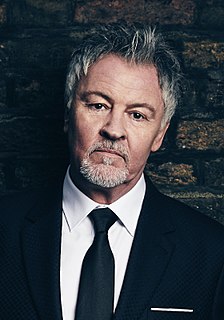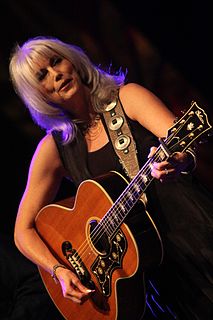A Quote by Aretha Franklin
I sing, and the musicians kind of fit things around me.
Related Quotes
My approach is a bit unconventional because it kind of turns things around. I made a promise to myself at a very early stage that I wasn't going to try and force something into a specific shape. It's a process where I allow the songs to go where they want to go and it doesn't really fit into any kind of genre.
I visited New York in '63, intending to move there, but I noticed that what I valued about jazz was being discarded. I ran into `out-to-lunch' free jazz, and the notion that groove was old-fashioned. All around the United States, I could see jazz becoming linear, a horn-player's world. It made me realize that we were not jazz musicians; we were territory musicians in love with all forms of African-American music. All of the musicians I loved were territory musicians, deeply into blues and gospel as well as jazz.
In those years, when I came to the States, people were always asking me why I didn't sing anymore. I'd tell them, 'I sing all around the world-Asia, Africa, Europe-but if you don't sing in the US, then you haven't really made it.' That's why I'll always be grateful to Paul Simon. He allowed me to bring my music back to my friends in this country.
There were two things I discovered when I toured with Snoop. One was that the band was all jazz musicians. The second was to instil in me a respect for other styles of music. From then on, whenever I played a new kind of music, I came with the same kind of open mind. What are they trying to do? What are they hearing? How do they see music?

